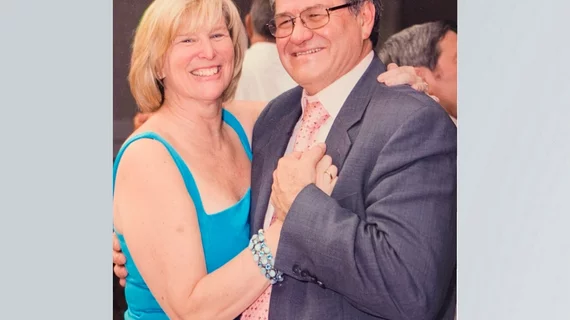Cardiologist donates $1M to fund heart disease research as tribute to ‘selfless, loving’ wife
Renowned interventional cardiologist William O’Neill, MD, has donated $1 million to the Henry Ford Health System in Detroit, where he currently serves as the director of the Center for Structural Heart Disease.
The funds will go toward establishing the Carol S. O’Neill Structural Heart Disease Research Fund in honor of his late wife, who passed away in 2019.
“As a devoted wife and mother, Carol continuously exuded unconditional love for her family, and she often put the needs of others before her own,” O’Neill said in a prepared statement. “She was a talented nurse, but set that aside to raise our children, Brian, Kate, Julie and Molly. When they were all grown, she returned to nursing, which she loved, as a research nurse in the Structural Heart Disease program at Henry Ford. My kids and I decided to establish the Carol S. O’Neill Structural Heart Disease Research Fund to honor her memory and the research area she was passionate about. This fund is an emblem of the selfless, loving person she was, and it will ultimately help save lives.”
“The research and innovations of our Heart & Vascular Institute, many of which have been led by Dr. O’Neill himself, have already touched the lives of countless people around the world,” Mary Jane Vogt, executive vice president an chief development officer for Henry Ford Health System, said in the same statement. “Through this gift, that impact will be amplified and honor Carol’s legacy in a way that will greatly benefit generations to come.”

